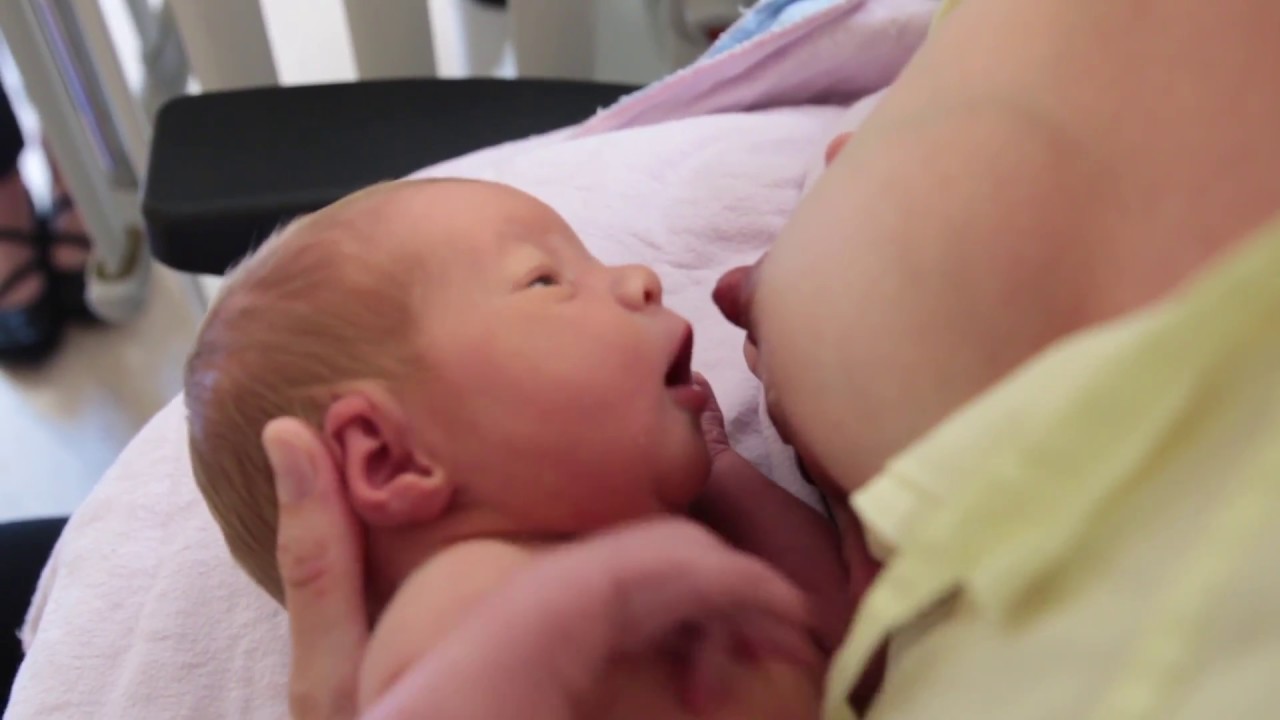Jaundice is a common condition in newborns that occurs when there is an excess of bilirubin in the blood. While jaundice is usually harmless and resolves on its own, it can cause complications if left untreated. In this article, we will discuss some effective ways to prevent jaundice in newborns.
Proper feeding: Proper feeding is crucial in preventing jaundice in newborns. Breastfeeding is the best way to provide nutrition to your newborn, as it contains antibodies that help protect against infection and promote the growth of beneficial bacteria in the gut. Breastfed newborns may need to feed more frequently in the first few days to prevent dehydration, which can worsen jaundice. Formula-fed newborns should be fed according to the recommended guidelines and should not be overfed.
Early discharge from the hospital: Early discharge from the hospital can increase the risk of developing jaundice in newborns. It is important to stay in the hospital for the recommended length to ensure your newborn is healthy and receiving proper care.
Regular check-ups: Regular check-ups with a healthcare provider are important in monitoring your newborn’s health and detecting jaundice early. The American Academy of Pediatrics recommends that all newborns receive a jaundice assessment within the first 24 hours of life and again at 3 to 5 days of age.
Phototherapy: Phototherapy is a treatment that uses special lights to break down bilirubin in the bloodstream. Phototherapy can be used to prevent jaundice in newborns who are at risk or to treat mild cases of jaundice. Phototherapy is typically done in a hospital or clinic setting.
Blood type and Rh factor testing: Blood type and Rh factor testing can help identify newborns who are at risk for developing jaundice. If the mother’s blood type is Rh-negative and the baby’s blood type is Rh-positive, the mother may develop antibodies that can cross the placenta and cause jaundice in the baby. In these cases, the mother may need to receive medication to prevent the formation of antibodies.
Genetic testing: Genetic testing can help identify newborns who are at risk for developing certain types of jaundice, such as Crigler-Najjar syndrome or Gilbert syndrome. These conditions are rare but can cause severe jaundice in newborns.
Avoiding medications that can cause jaundice: Certain medications, such as sulfonamides and some antibiotics, can cause jaundice in newborns. It is important to avoid giving these medications to newborns unless prescribed by a healthcare provider.
Hydration: Keeping newborns hydrated is important in preventing and treating jaundice. Newborns should be offered breast milk or formula at least every two to three hours, and additional fluids may be necessary if the baby is dehydrated.
Proper bilirubin management: Proper bilirubin management is crucial in preventing and treating jaundice in newborns. A healthcare provider may recommend phototherapy or other treatments to prevent complications if bilirubin levels are high.
In conclusion, there are several effective ways to prevent jaundice in newborns, including proper feeding, regular check-ups, phototherapy, blood type and Rh factor testing, genetic testing, avoiding medications that can cause jaundice, hydration, and proper bilirubin management. It is important to work with a healthcare provider to develop a plan to prevent and manage jaundice in newborns. With proper care and attention, most cases of jaundice in newborns can be effectively prevented and managed.

Wow, your blog post really got me thinking! The way you’ve broken down the information makes it easy to understand and digest. It’s evident that you’ve done extensive research on this topic. I’m looking forward to reading more posts like this one in the future.
https://clients1.google.it/url?q=https%3A%2F%2Fvegasgirlsgonewild.com
I’ve learned so much from this blog post. The facts were presented clearly and the argument was well structured. I’ll definitely be using this as a reference in the future.
https://clients1.google.it/url?q=https%3A%2F%2Fjohnnyescorts.com